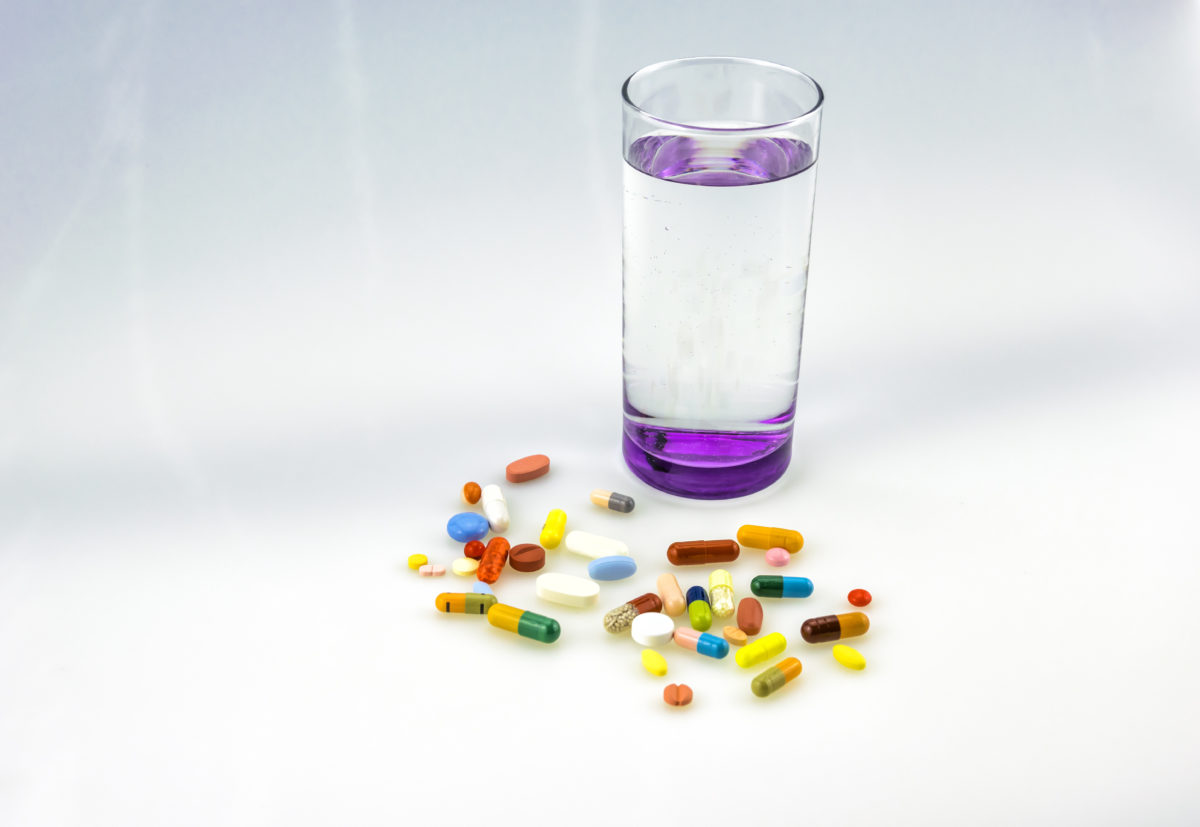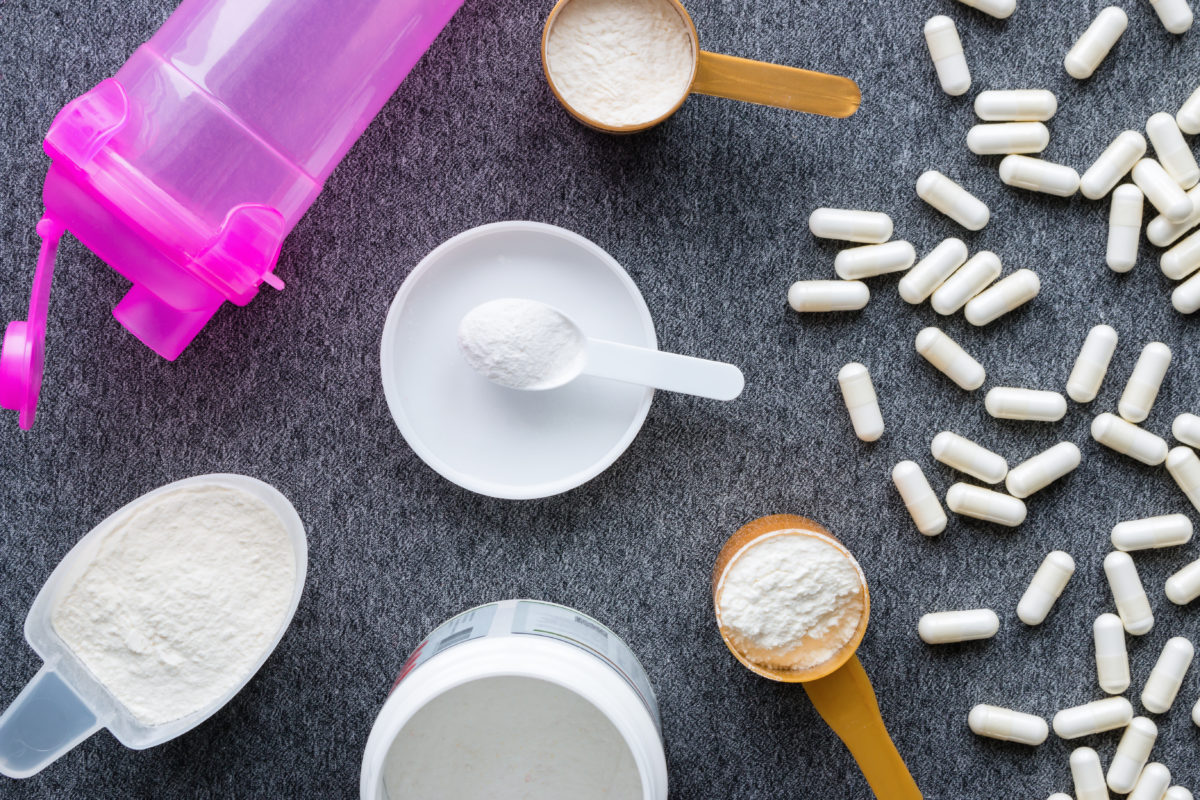I’ve always been a believer in the real deal when it comes to vitamins and minerals: get it from real food, not from a manufactured supplement.
Sure, there are times that certain limitations in our daily life (work, stress) or even geography (sun, weather patterns) put a practical road block in our quest to get the foods we need in our diet. That’s when supplements play an important role. They SUPPLEMENT our diet in providing important nutrients.
With vitamin supplements being a $37 billion dollar yearly industry in our country alone, it is more important than ever to second guess claims and investigate for ourselves if our government isn’t doing it for us. A few points…
One big issue with supplements is consistency. There is no oversight committee or FDA-like organization that ensures one company’s “Vitamin X” has the same amount or version in every bottle you buy. There is often no way to ensure that in the same bottle each pill has the same ingredients!
One example? Hyland, a well trusted producer of homeopathic medications for decades, recently had to pull it’s teething tablets because of 10 unexplained infant deaths.
Turns out that when the FDA did investigate the tablets, they found completely inconsistent amounts of a plant-derived substance called “belladonna.” In trace amounts, belladonna isn’t harmful. Yet some amounts may be, especially to those under 2 years old. It’s like playing Russian roulette with your teething infant.
Why wouldn’t you trust something called “homeopathic?” The answer is that there is no FDA oversight of these products! We don’t know exactly what we are putting into our bodies across the ENTIRE homeopathic/supplement/natural remedy platform. We desperately need oversight on supplements. Sadly, this is not happening soon because natural remedy companies don’t have the big bucks to lobby for FDA investigatory trials and approval. Yet another facet of our healthcare system that needs changing.
Another potential pitfall of supplements is bioavailability, or how much of a supplement that you take actually gets absorbed into your body in a useful form.
So many factors may affect how much of a given nutrient is actually absorbed into your bloodstream. For instance, the stomach’s acidic environment inhibits the absorption of nutrients like resveratrol and L-glutathione. By covering a vitamin with enteric coating, it is protected from this environment and absorbed more easier further down our digestive track.
How would most people know what vitamins should be enteric coated? We need more education on this so that patients can be aware of these factors and take them into account when choosing a vitamin supplement. People waste so much money on the “wrong” form of supplements such as in cases like this.
What’s more, that supplement could affect the way your prescription medication is absorbed, with potentially life threatening effects. This list is long and includes popular herbal supplements such as St. John’s wort, Valerian, Saw palmetto, Evening primrose oil, and the supplement Coenzyme Q10. CoQ10 is taken for a wide range of claimed benefits, from helping heart damage to gum disease. Yet if you are on anticoagulation medicine like warfarin to prevent clotting, CoQ10 can decrease the blood thinning properties of this medication and greatly increase your risk for a clot, deadly or not.
Educate yourselves and reap the benefit!
Besides consulting your physician and/or pharmacist, consider one or more of these websites as a way to find out where you need supplementation and if you are putting yourself at risk with supplements:
 English
English French
French German
German






